Statistical epidemiology of zoonotic diseases in East Africa
This opportunity is no longer open for applications. Thanks for your interest.
Project Description
A major research theme in our group is the study of zoonotic diseases, a group of diseases affecting both livestock and human health (mainly in developing countries), and which are poorly understood both in terms of their basic biology and public health burden.
We have been assembling a large and comprehensive dataset on the occurrence of zoonotic and other endemic infections in both livestock and humans in a study site in rural Western Kenya. Available for analysis are data on risk factors, co-infections with several pathogens, economic data, environmental data and geographic data on disease distributions. We aim to recruit a PhD student with strong quantitative/statistical modelling skills, preferably with a Masters Degree in a relevant subject, to build multivariate statistical models that capture the interactions between multiple diseases, co-factors and reservoir species. The project will maximise the utility of our unique cross-sectional datasets. The work will involve both epidemiological and ecological modelling techniques, identifying epidemiological and spatial disease clusters, with the ultimate aim of designing evidence-based intervention packages for zoonotic diseases in this setting. The PhD is strongly grounded in using cutting edge scientific tools to develop applied outputs.
The successful candidate will join a team of collaborative epidemiology and ecology researchers from Edinburgh, the USA and Kenya and would be expected to spend significant periods based in East Africa at our collaborating institutions, especially the International Livestock Research Institute (www.ilri.org).
This opportunity is only open to UK nationals (OR those who have been resident in the UK for 3+ years) due to restrictions imposed by the funding body. Please do NOT send a CV if you do not meet this basic requirement – doing so will not elicit a response.
Funding for this post is available through PhD studentships awarded by the UK research councils through the School of Biological Sciences in Edinburgh.
Applicants should preferably have existing multivariate modelling experience and be comfortable working with field derived datasets. Experience with the R language for statistical computing would be an advantage. Candidates with the appropriate academic background (e.g. a relevant MSc degree or equivalent research experience) are welcome to apply.
Interested individuals should:
Send a CV (max. 2 pages), one page personal statement, together with the names and addresses of two academic referees, as a self contained single pdf attachment, directly to Dr Eric Fèvre, with the words “Statistical Epidemiology PhD position” in the subject.
The most competitive applicants will be put forward for consideration by a PhD funding committee in the School of Biological Sciences, University of Edinburgh, which has a number of studentships available to distribute across the School. The deadline for receipt of applications is 20th July 2012. This post is also advertised on FindaPhD.com. Interviews will be held in August 2012.
References:
Doble, L.F. & Fèvre, E.M. (2010). Focus on neglected zoonoses. Veterinary Record, 166, pp. 546-547.
World Health Organization. (2006). The Control of Neglected Zoonotic Diseases: A Route to Poverty Alleviation. Geneva: WHO.
Bocard, D., Gillet, F., & Legendre, P. (2011). Numerical Ecology with R. New York: Springer.
Lawson, A.B. (2009). Bayesian Disease Mapping: Hierarchical Modelling in Spatial Epidemiology. Boca Raton: CRC Press.
The Zoonotic and Emerging Disease group studies a range of epidemiological issues revolving around the domestic livestock, wildlife and human interface


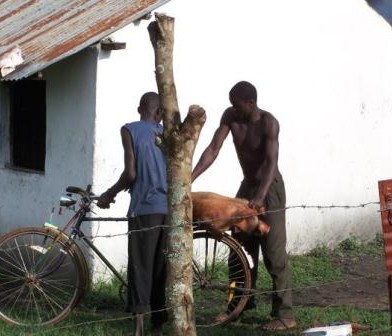

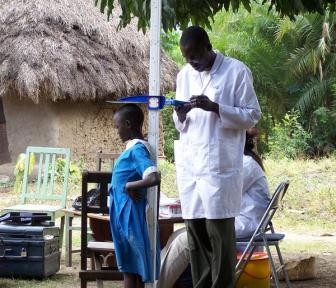
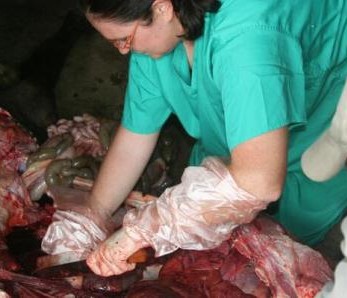

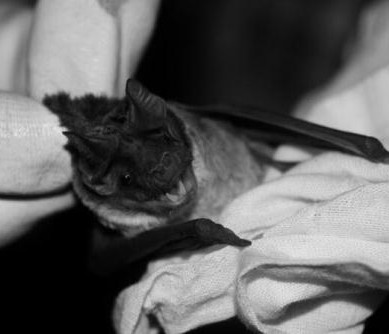
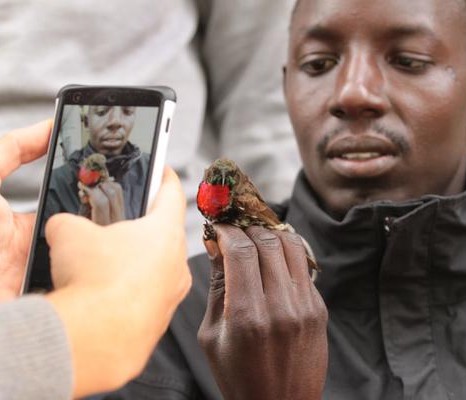
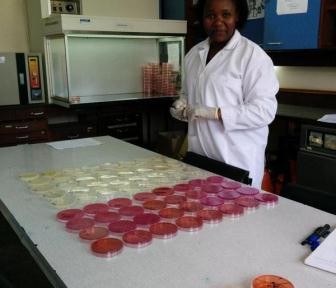


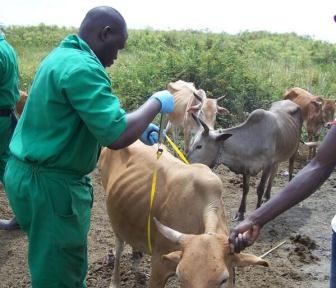

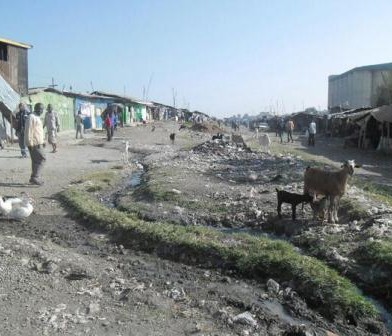

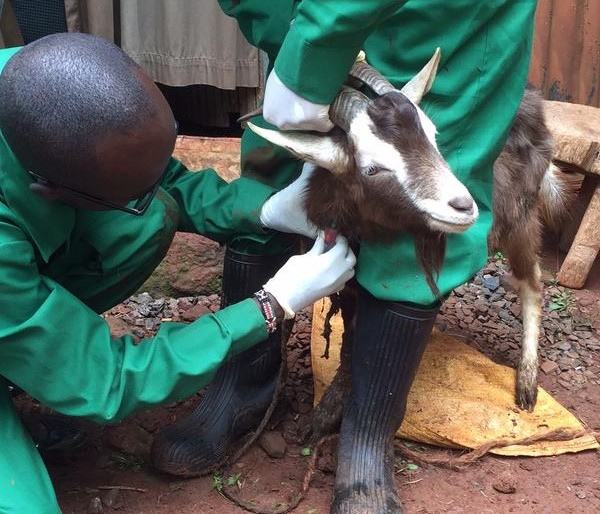
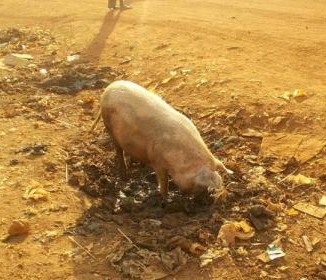





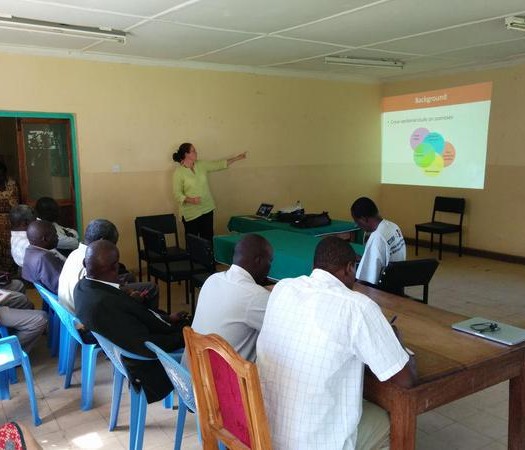
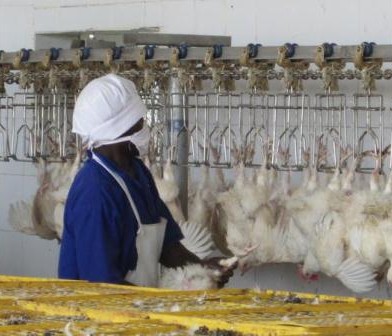
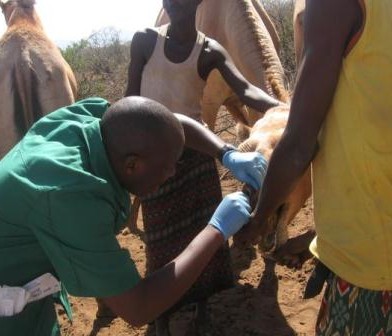
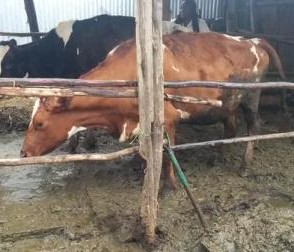
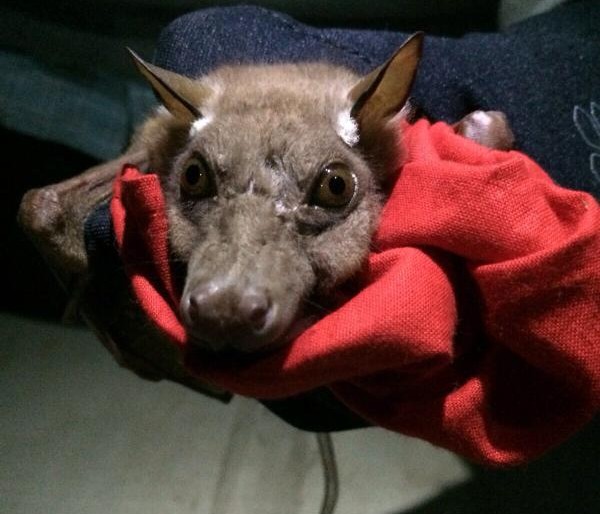




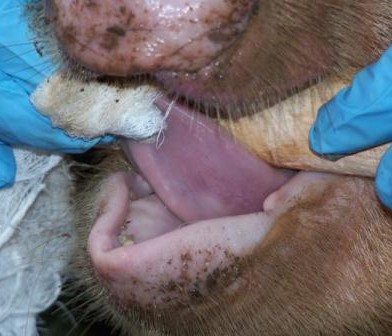
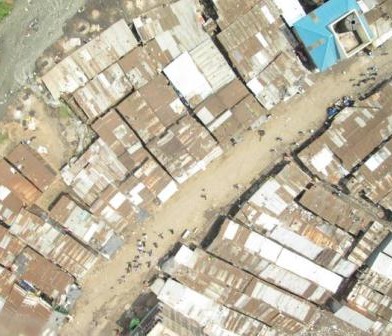
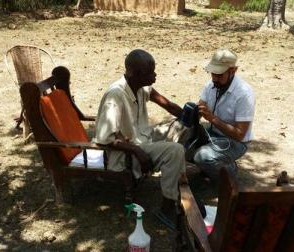




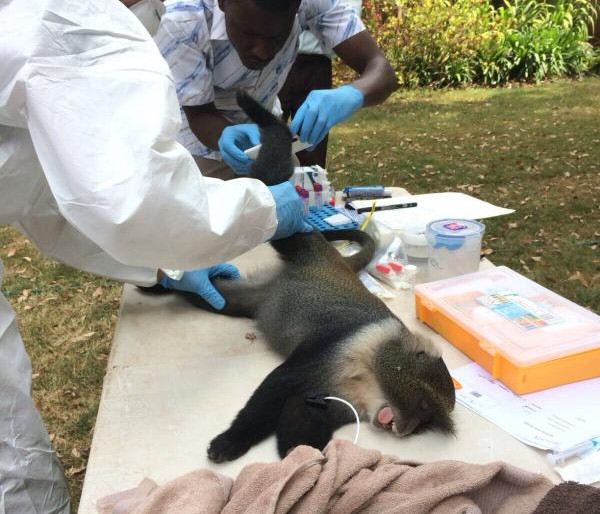
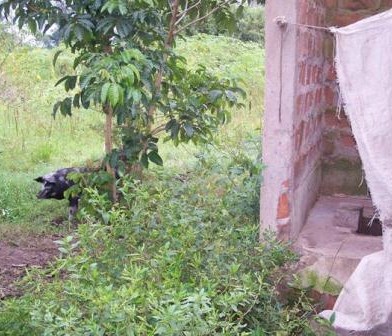
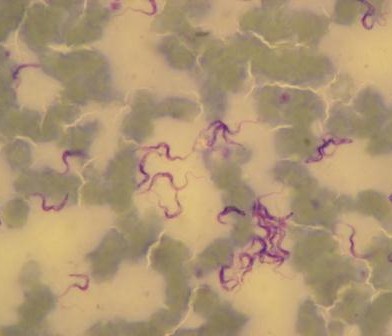


You must be logged in to post a comment.